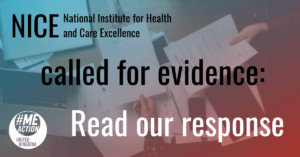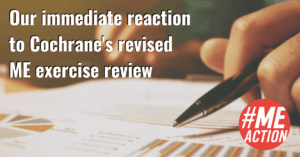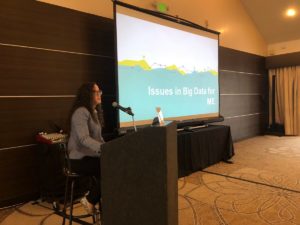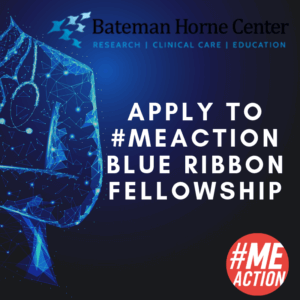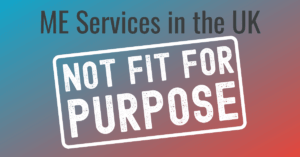
ME Services in the UK Not Fit for Purpose
A recent survey conducted by #MEAction UK found that UK specialist myalgic encephalomyelitis (ME) services are not fit for purpose. Areas investigated included: Management strategies Experience attending a clinic Cognitive behavioural therapy (CBT) Activity management [maxbutton id=”23″ url=”http://www.meaction.net/wp-content/uploads/2019/10/Your-experience-of-ME-services-Survey-report-by-MEAction-UK.pdf” text=”Read the survey report here” ] The survey was conducted to provide evidence to the National


